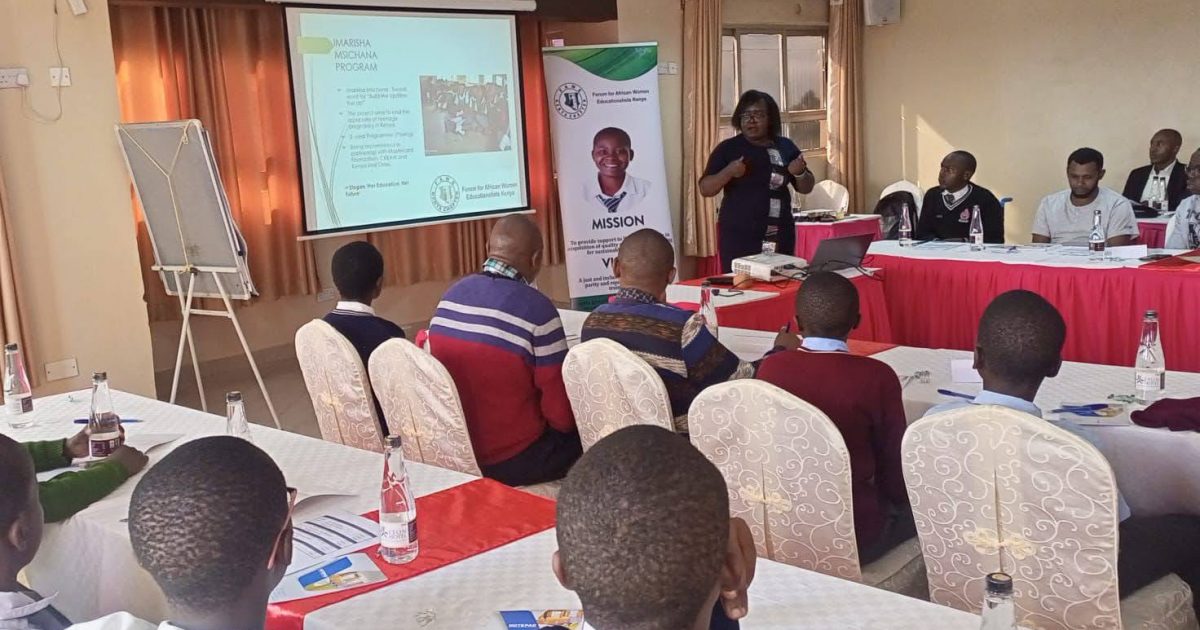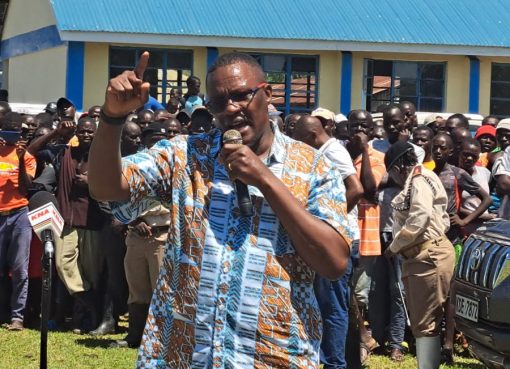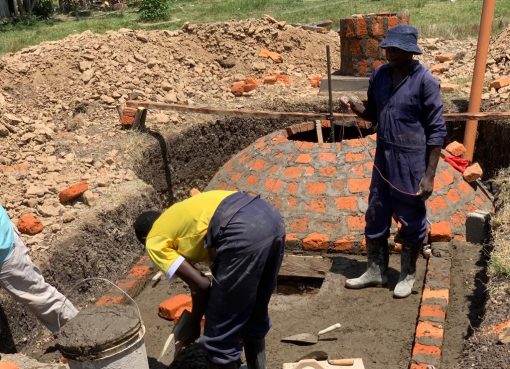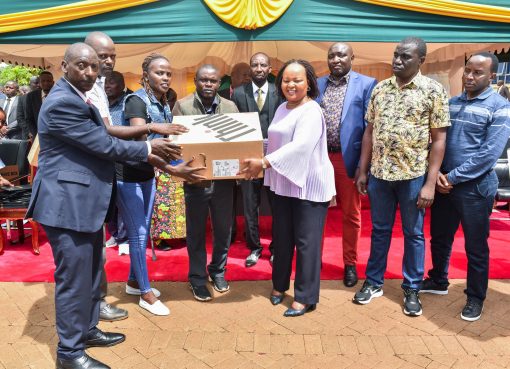In an effort to reduce cases of teenage pregnancy and to champion girl’s rights, the Forum for African Women Educationalists in Kenya (FAWEK) in partnership with Mastercard Foundation held a boys and young men’s sensitization conference in Thika, Kiambu County.
FAWEK Murang’a and Kiambu County Coordinator Pauline Masese said the sensitization exercise sought to create a pool of boys and young men with changed attitudes and behaviors, advocating against teenage pregnancy in the country.
“Male engagement is pivotal in creating changed attitudes and behaviors among young men,” said Masese adding that this would have a ripple effect in getting more positive young men more involved in advocating against teenage pregnancy.
Addressing the over 50 participants drawn from stakeholders, including government representatives, community leaders, boda-boda operators, chiefs, religious leaders, and students Masese said despite significant strides in gender equality and human rights, many cultures still harboured retrogressive practices that perpetuated discrimination and inequality.
“The societal landscape is constantly evolving, and it is imperative to involve all members of the community in fostering an environment of equality and progress,” said Masese adding that boys and young men played a critical role in this transformation.
She said empowering boys and young men to speak against inequalities and challenge retrogressive cultures is a vital step toward building a more equitable and progressive society.
“This exercise will provide them with the tools and support needed to become advocates for change and champions of equality,” said Masese, while speaking during the two days’ boys and young men’s sensitization conference in a Kiambu Hotel.
She said men were expected to shift from negatively being responsible for teenage pregnancies and instead tap into their potential to prevent pregnancies through abstinence from sex and/or practicing safe sex.
“Boys and young men, as future leaders and influencers, need to be empowered to challenge these practices,” she said, adding that they have provided them with the tools and support needed to become advocates for change and champions of equality.
On his part, Thika West Deputy County Commissioner James Wanyoike said as an administration, they were making sure that all school going children were in school despite their backgrounds.
Wanyoike said that the government is ensuring that there is one hundred transition percent of the pupils from one class to the next by working with the chiefs, assistant chiefs and school head teachers in putting measures to ensure no child drops out of school.
“The community is faced with challenges including teen pregnancy, drugs and substance abuse, gender based violence among others,” said Wanyoike adding that the government is taking measures to curb such menace to ensure learners stay in school.
On his part, Rurii Secondary School Tuseme club patron Dickson Mugo said FAWEK advocates for gender equity and equality in education in Kenya by fostering positive policies, practices and attitude towards girl’s education.
Mugo said that since the introduction of Tuseme club, the school has seen positive changes in the students’ behaviours in terms of curbing the matter of teen pregnancy.
He said that from the year 2021 to 2023 they started sensitizing the boys on their role in preventing teen pregnancy and empowering the girls and they have seen the number of cases reduce.
“After Covid 19 in 2021 when our pupils sat for their KSCE, we had seven girls who were pregnant,” he said adding that in the year 2022, they had two cases and the next year they had none.
FAWEK is partnering with Mastercard Foundation in the Imarisha Msichana programme which aims to significantly reduce the incidence of teenage pregnancy in Kenya.
The Imarisha Msichana Project is being implemented in select schools through Tuseme Clubs and other key interventions.
The programme is being implemented in 20 counties in Kenya namely; Murang’a, Kiambu, Nakuru, Nairobi, Machakos, Elgeyo Marakwet, Garissa, Bungoma, Kakamega, Nyeri, Migori, Kajiado, Narok, Homa-Bay, Trans-Nzoia, Nyandarua, Busia, Meru, Siaya, and Turkana.
By Anita Omwenga





